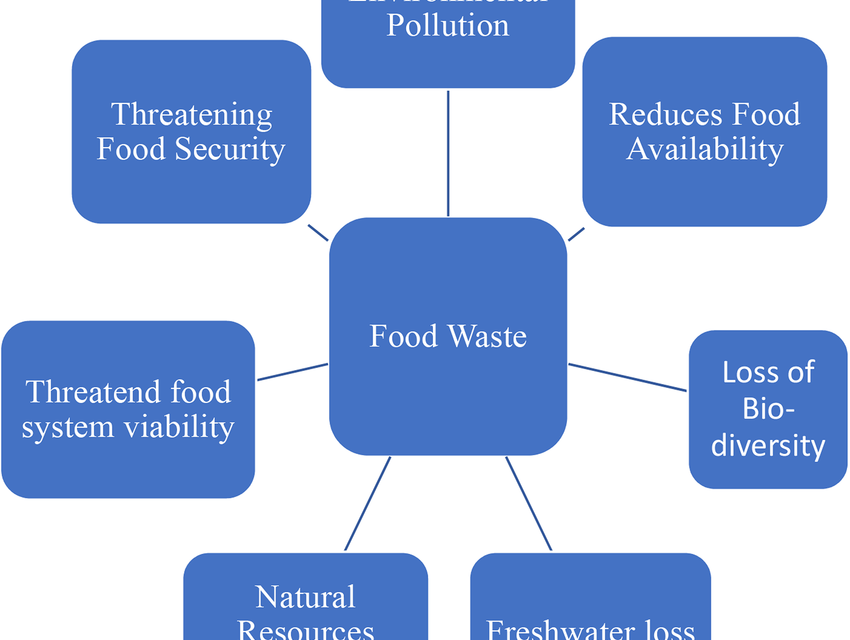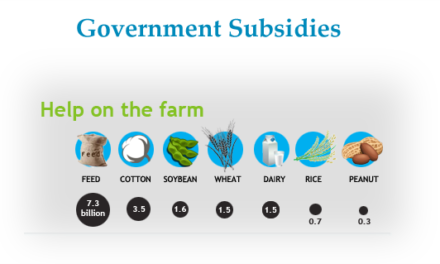Reducing food waste in processing facilities is essential for improving sustainability, cutting costs, and addressing global food security. Below are best practices that food processing facilities can adopt to minimize waste:
1. Optimize Inventory Management
- Implement Just-in-Time (JIT) Systems: Reduce overstocking by aligning raw material procurement with production schedules.
- Use Predictive Analytics: Forecast demand accurately to avoid overproduction.
- Monitor Shelf Life: Track expiration dates of ingredients and prioritize their usage.
2. Enhance Production Planning
- Batch Processing Optimization: Plan production runs to minimize changeovers and leftover materials.
- Recipe Standardization: Ensure consistent formulations to reduce errors that result in waste.
- Demand-Driven Production: Adjust production volumes to align with market needs, avoiding excess.
3. Invest in Advanced Technology
- AI and IoT for Monitoring: Use sensors to track quality, freshness, and temperature to prevent spoilage.
- Automation: Implement precision equipment to minimize over-portioning or miscuts during processing.
- Advanced Sorting Systems: Use optical sorters to segregate usable ingredients from those that need to be discarded.
4. Repurpose By-Products
- Secondary Products: Transform by-products like peels, trimmings, or pulp into animal feed, compost, or secondary food items.
- Extraction of Nutrients: Extract valuable compounds such as oils, fibers, or proteins from waste.
- Energy Recovery: Use waste for bioenergy production through anaerobic digestion.
5. Improve Packaging Strategies
- Right-Sizing: Use appropriate packaging sizes to reduce product spoilage at later stages.
- Modified Atmosphere Packaging (MAP): Extend shelf life with packaging that controls oxygen and moisture levels.
- Sustainable Materials: Opt for biodegradable or recyclable materials to reduce environmental impact.
6. Conduct Regular Equipment Maintenance
- Preventative Maintenance: Avoid downtime and spoilage caused by faulty machinery.
- Calibration Checks: Ensure equipment is calibrated for precise cutting, mixing, and portioning.
7. Train Employees
- Awareness Programs: Educate staff about the importance of waste reduction and sustainable practices.
- Operational Efficiency Training: Teach workers to handle ingredients properly, reducing spillage and damage.
8. Collaborate with External Stakeholders
- Partner with Food Banks: Donate surplus or slightly imperfect products to prevent waste.
- Coordinate with Farmers: Share by-products that can be repurposed for agricultural use.
9. Enhance Quality Control
- Real-Time Monitoring: Detect defects or inconsistencies early to avoid large-scale rejections.
- Source Ingredients Carefully: Choose suppliers who adhere to strict quality standards to minimize rejections.
10. Adopt Sustainable Practices
- Water Recycling Systems: Reuse water in processes without risk of contamination.
- Energy Efficiency Upgrades: Reduce energy consumption, which indirectly minimizes waste associated with spoilage.
11. Analyze and Audit Waste
- Conduct Waste Audits: Regularly assess the types and quantities of waste generated.
- Identify Root Causes: Use audit data to address inefficiencies and improve processes.
12. Encourage Circular Economy Initiatives
- Zero-Waste Goals: Implement strategies to achieve zero-waste processing.
- Upcycling: Use food waste to create high-value products, such as snacks from spent grain or fruit pulp.
Examples of Success
- PepsiCo: Converts potato peel waste into biogas for energy.
- Nestlé: Uses cocoa pod husks as compost or animal feed.
- Danone: Donates surplus yogurt to food banks while maintaining quality standards.
Benefits of Reducing Food Waste
- Environmental Impact: Reduces greenhouse gas emissions from food waste.
- Economic Savings: Lowers costs associated with waste disposal and inefficient operations.
- Enhanced Reputation: Demonstrates commitment to sustainability, appealing to eco-conscious consumers.
By implementing these practices, food processing facilities can significantly reduce waste, contributing to a more sustainable and efficient food system.
Hashtags
#FoodWasteManagement #SustainablePackaging #EcoConsciousConsumption #SustainableSupplyChain #FoodWasteAwareness #InnovativeFoodSolutions #SustainableAgriculture #ReduceReuseRecycle #EcoFriendlyEating #SustainableBusiness #FoodWastePrevention #SustainableProduction #WasteReductionStrategies #SustainableDevelopment #EcoFriendlyChoices #SustainableLiving #FoodWasteRevolution #SustainableConsumption #WasteNotWantNot #SustainableFuture









